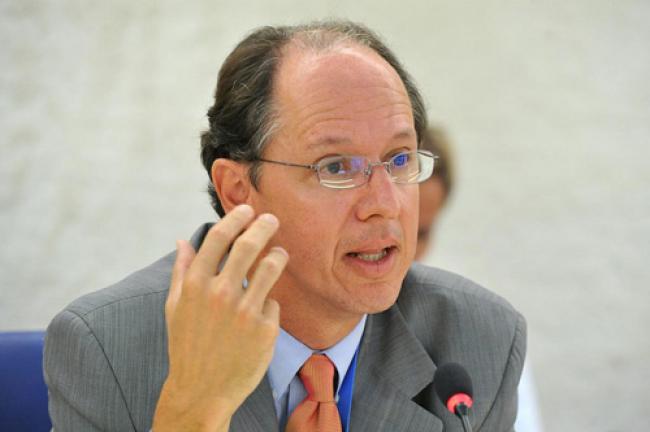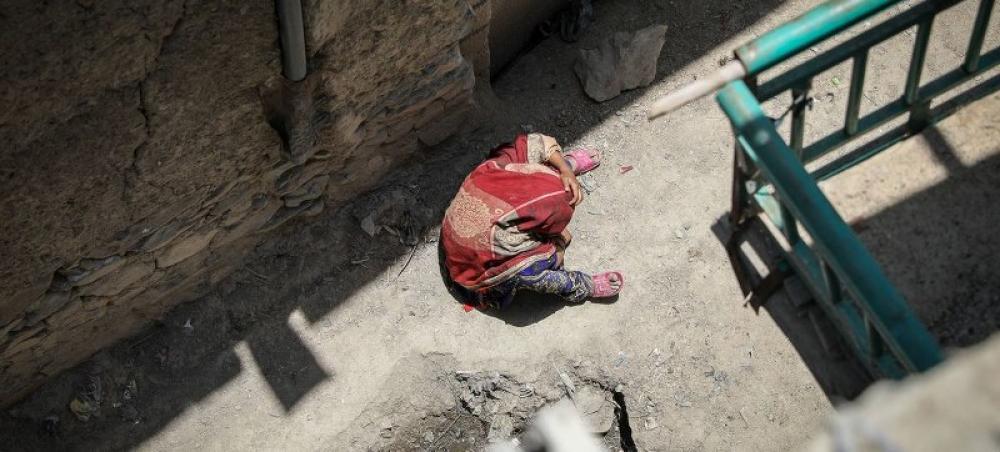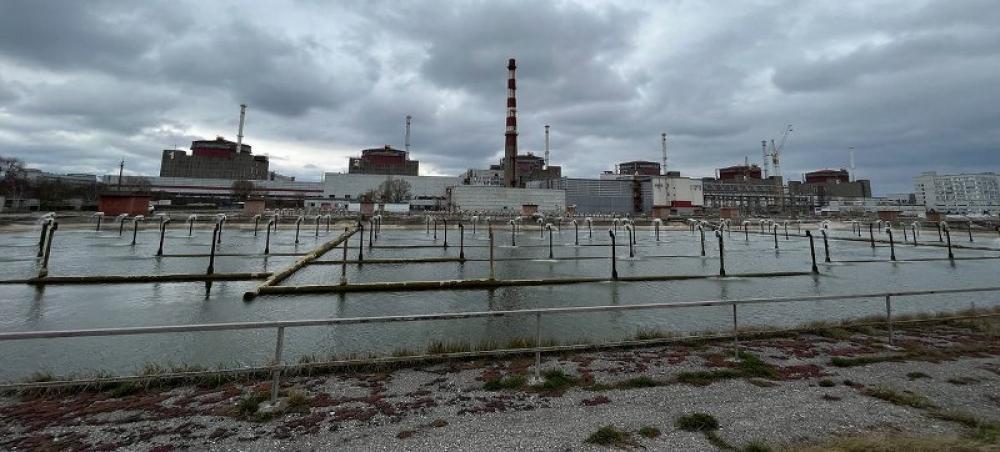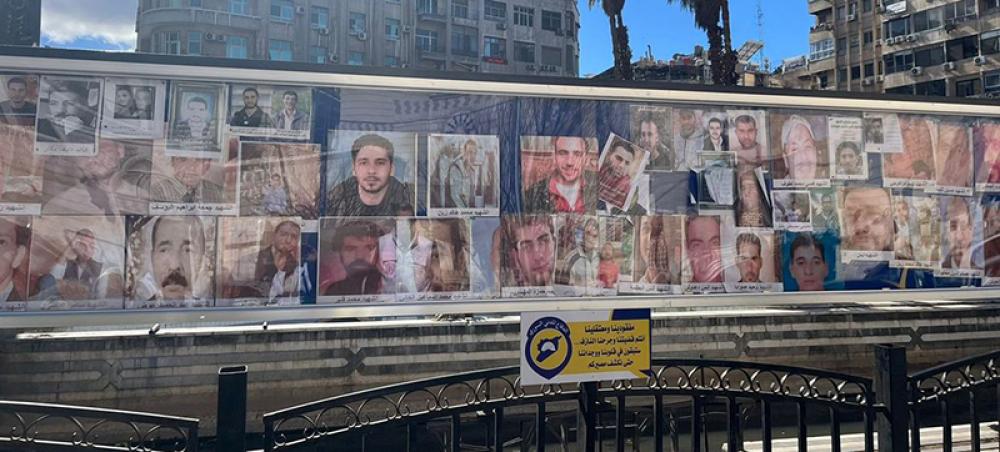Conflict
Crisis/Conflict/Terrorism Spain: UN urges probe on atrocities during 1930's civil war
06 Feb 2014, 07:32 am Print

New York, Feb 6 (JEN): Spain should investigate alleged atrocities committed in its 1930s Civil War and under the regime of Francisco Franco that followed, a United Nations independent expert on Wednesday urged.
Pablo de Greiff, Special Rapporteur on the promotion of truth, justice, reparation and guarantees of non-recurrence urged Spanish authorities to withdraw the 1977 Amnesty Law that shields any Franco era crime from being put under trial.
“It is essential that the State finds ways to provide access to justice for the victims,” de Greiff said, adding that the Government must also protect the rights that the alleged perpetrators, as well as the victims' rights during the 1936-1939 Civil War and the Franco dictatorship which ended in 1975.
The Rapporteur expressed concern about the fragmentation of existing information, mainly gathered thanks to the efforts of historians, investigators and the victims and their relatives.
In that regard, he recommended the establishment of a mechanism to 'officialise' the truth, “to coordinate efforts and centralize information about all the victims, regardless of the side or political affiliation of the victims or the perpetrators.”
One of the main demands of the victims and their relatives relates to the adoption of programmes which include categories of victims of human rights violations that are not covered by existing programmes, in addition to the annulment of the sentences pronounced by courts created during the Civil War and the Franco dictatorship.
“The impact of the conflict and the dictatorship on women is also an element that should be considered as a priority,” said the Rapporteur who will present his final report on his visit to the Human Rights Council in September 2014.
While in Spain, Mr de Greiff met with representatives of the executive branch, the legislative and the judiciary, with Ombudspersons and institutions of historic memory, as well as representatives of the civil society, including victims, relatives, organisations and academics, including in the Autonomous Communities of Andalucía, Cataluña and Galicia.
The Rapporteur visited several memory sites, including the Valle de los Caídos, the cemetery of Paracuellos de Jarama, the so-called Canal of the Prisoners (Canal of Bajo Guadalquivir) and the remaining of the concentration camp of Los Merinales, close to Seville, and the mausoleum built on a mass grave in Cazalla de la Sierra. He also visited the mass grave of the Fossar de la Pedrera and the Montjuic Castle in Barcelona, as well as the Island of San Simón in Galicia.
Special rapporteurs are appointed by the Geneva-based UN Human Rights Council to examine and report back, in an unpaid capacity, on specific human rights themes.
Special Rapporteur Pablo de Greiff. UN Photo/Violaine Martin
More Conflict
- Ukraine intelligence officer gunned down in Kyiv
- One dies in West Bank shopping complex attack
- Pakistan: Nine passengers abducted, shot dead by armed gunmen in Balochistan
- Israel-Hamas conflict: Five IDF soldiers killed, 14 hurt in roadside bomb blast
- Israel-Gaza conflict: IDF eliminates Hamas north Gaza naval chief






